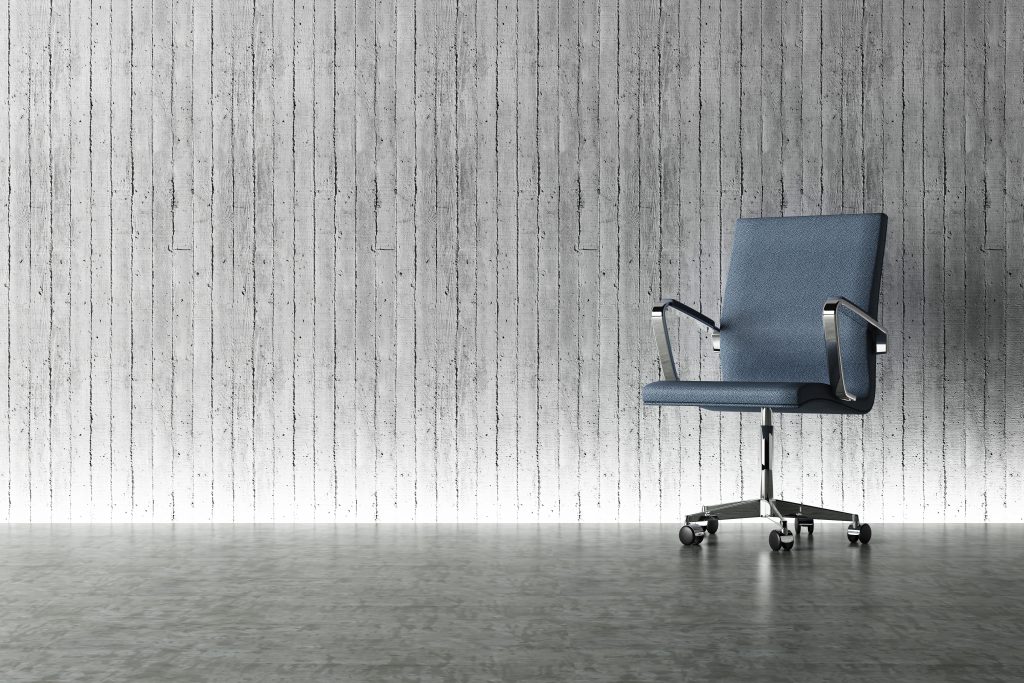To Focus Attention, Think On Your Feet, Not Your Seat

Standing desks, often satirized as a “new age” workplace phenomenon, have been linked to a range of health benefits, including decreased blood sugar, back pain and fatigue. Research published in Psychological Science suggests that staying on your feet may not just be good for your heart, but also for your mind.
Although dual-tasking may seem like second nature to most of us, researchers have been split on whether or not standing serves as a distraction. It may seem simple enough, but the authors of the study note that the body’s frontward leaning line of gravity means that no one is ever really standing still, and it requires continuous attentional engagement to correct for this.
Their findings lend support to recent research suggesting that the attentional stress caused by maintaining an upright posture actually improves selective attention.
Researchers David Rosenbaum (Tel Aviv University), Yaniv Mama (Ariel University), and Daniel Algom (Tel Aviv University) studied the link between posture and attention by asking 80 university students to perform attention-demanding Stroop tasks while alternating between sitting and standing positions. In the three experiments, participants were asked to look at color words that were printed in corresponding or conflicting colors and identify the print color or to identify upwards and downwards pointing arrows at different positions on the screen.
These types of tasks are difficult because they require that participants ignore dominant features (e.g., the color indicated by the word) and pay attention to less prominent features (e.g., the color in which the word is printed).
These trials suggest that standing might yield benefits under specific circumstances. Participants seemed to process congruent data — when the word and print color matched — at the same speed, or slightly slower, when they were sitting compared to when they were standing. But they processed incongruent data – when the word and print color did not match — more quickly when they were on their feet.
The response-time differences were mere milliseconds in either direction, but these results do support the idea that while multitasking generally makes cognitively demanding primary tasks more difficult, that may not be the case with focus.
“Selective attention is a notable exception: It has been repeatedly shown that stress or load (or both) actually improves the selectivity of attention,” the authors wrote.
This finding is particularly notable, the authors said, because the majority of psychology studies are carried out with participants in a sitting position.
“A new experimental psychology of standing might qualify recent results in cognitive science that are largely based on the experimental psychology of sitting,” the authors wrote.
Reference
Rosenbaum, D., Mama, Y., & Algom, D. (2017). Stand by your Stroop: Standing up enhances selective attention and cognitive control. Psychological Science. doi:10.1177/0956797617721270





Comments
This particular experimental work (indeed, this line of work) is very interesting, and one that I applaud. I wish there was more of it). However, I think its premature to put a lot of stock in the conclusions until the work is replicated in other labs, and the analysis is more rigorous. As it stands, there are aspects of the methodology that are not standard. The reported data analysis also has some odd omissions.
APS regularly opens certain online articles for discussion on our website. Effective February 2021, you must be a logged-in APS member to post comments. By posting a comment, you agree to our Community Guidelines and the display of your profile information, including your name and affiliation. Any opinions, findings, conclusions, or recommendations present in article comments are those of the writers and do not necessarily reflect the views of APS or the article’s author. For more information, please see our Community Guidelines.
Please login with your APS account to comment.